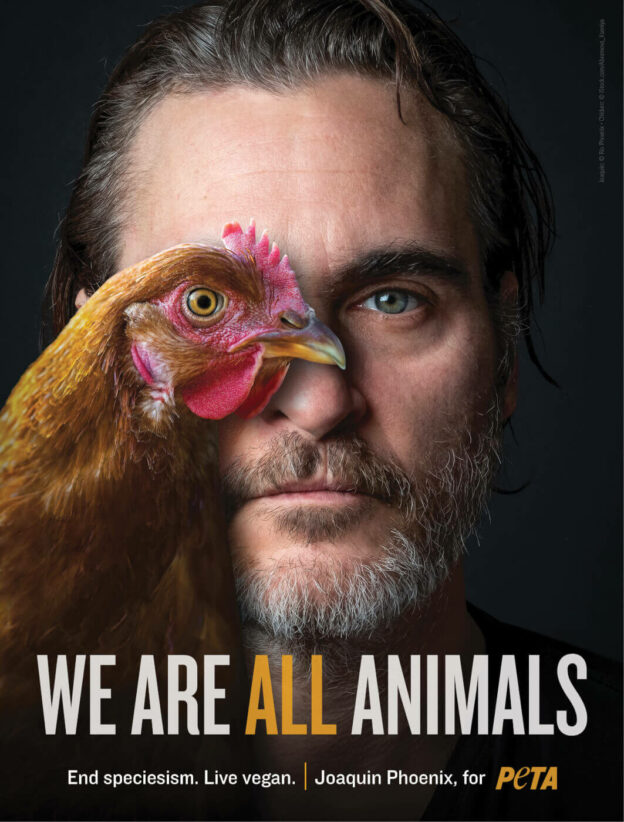Shepherds were abhorrent to ancient Egyptians, Yosef tells his brothers, as he relates what they should tell Par’oh in order to reserve the area of Goshen for his immigrating family (Beraishis 46:34). We find this in Mikeitz as well (43:32; see Rashi and Onkelos there)
Some commentaries understand that as indicating that the Egyptians protected livestock and shunned the consumption of meat. Ibn Ezra writes that the Egyptians were “like the people of India today, who don’t consume anything that comes from a sensile animal.”
Pardes Yosef (Rabbi Yosef Patzanovski) references the Ibn Ezra and explains that the ancient Egyptians considered the slaughter of an animal to be equivalent to the murder of a human being.
Although far distant in both time and place from ancient Egypt and India, some people in the Western Hemisphere today have come to embrace the notion that the sentience of animals renders them essentially no different from humans.
To be sure, seeking to prevent needless pain to non-human creatures is entirely in keeping with the Jewish mesorah, the source of enlightened society’s moral code. But those activists’ convictions go far beyond protecting animals from pain; they seek to muddle the fundamental distinction between the animal world and the human. A distinction that is all too important in our day, for instance, when it comes to issues pertinent to the beginning or end of life, or moral behavior.
A book that focuses on “the exploitation and slaughter of animals” compares animal farming to Nazi concentration camps. Its obscene title: “Eternal Treblinka.” Similarly obscene was the lament by People for the Ethical Treatment of Animals founder Ingrid Newkirk that “Six million Jews died in concentration camps, but six billion broiler chickens will die this year in slaughterhouses.”
But even average citizens today can slip onto the human-animal equivalency slope. American households with pets spend more than $60 billion on their care each year. People give dogs birthday presents and have their portraits taken. Such things might seem benign but, according to one study, many Americans grow more concerned when they see a dog in pain than when they see an adult human suffering.
We who have been gifted with the Torah, as well as all people who are the product of societies influenced by Torah truths, consider the difference between animals and human beings to be sacrosanct.
It is incumbent on us to try to keep larger society from blurring that distinction.
© 2024 Rabbi Avi Shafran
